Can I kiss you?
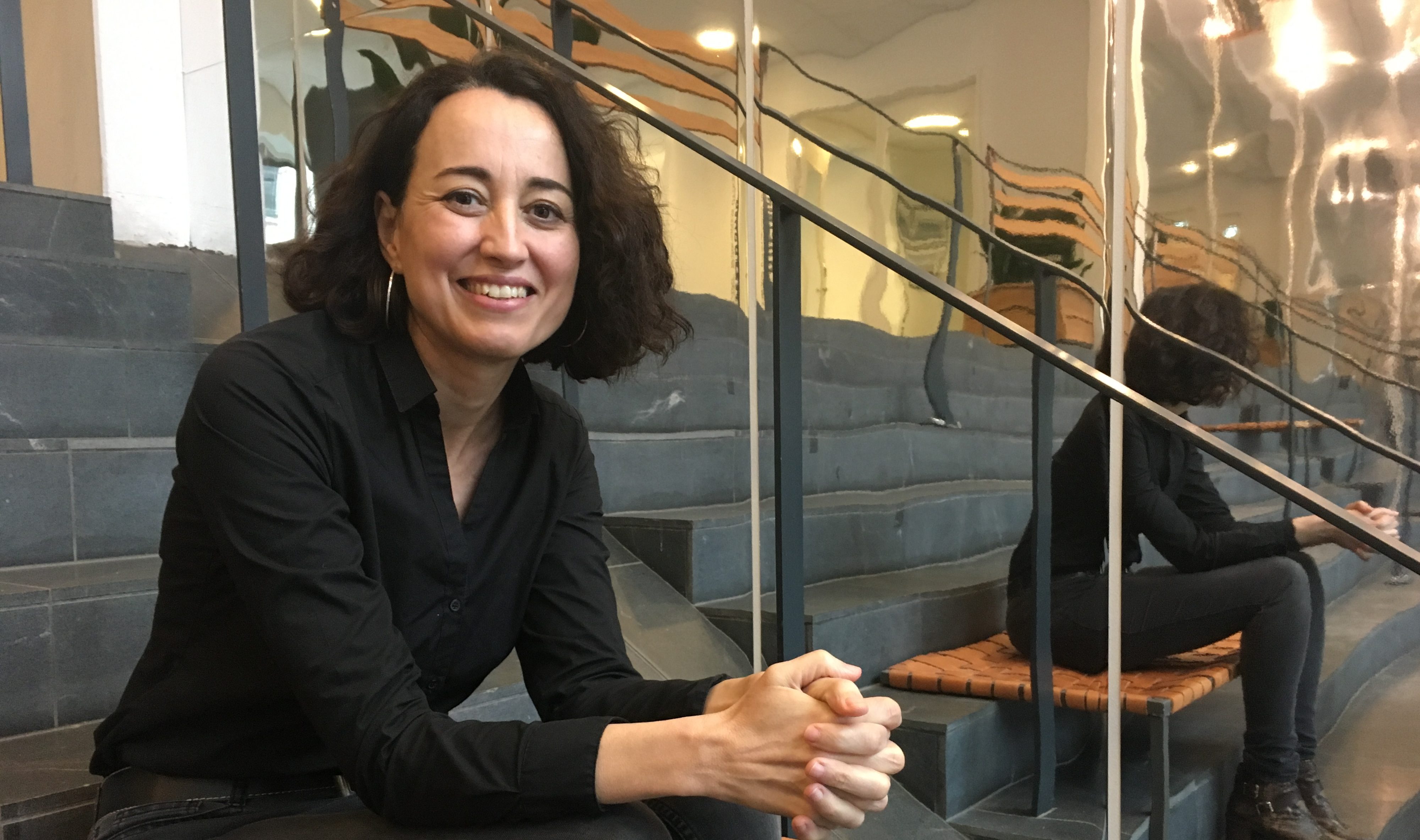
Ana Maria Munar, Associate Professor at CBS, has made a handbook about the lights and darks of relationships at work. She has written it in collaboration with seven other researchers from different universities (Photo: Anne M. Lykkegaard)
Real stories about romantic love, dating, affairs, and sexual harassment taking place in the academic work environment shall help us talk more freely about how they shape our daily lives at work. This is the aim of the new handbook ‘The Beauty and the Abuse’, which Ana Maria Munar, co-author and Associate Professor at CBS, sees as complementary to the #MeToo-campaign.
There is a split second of awkwardness when I meet Ana Maria Munar, Associate Professor at the Department of International Economics and Management, outside of her office at Porcelænshaven.
I reached out my hand as a greeting. Something I do per automation when meeting people that I’ve never met before. Ana Maria Munar leaned towards me without any intention of shaking my hand as a greeting. My face must have showed an expression of puzzlement, as Ana Maria Munar stopped and grabbed my hand, resulting in an awkward handshake.
“I’m sorry. I just came back from Spain, and we are so used to giving two kisses, as a greeting,” she says as she lets out a comforting laugh which ends up easing the earlier feeling of awkwardness.
“What just happened here is actually a good example of what I want people in academia to talk about more freely. This was a clash of cultures, and maybe you felt it was offensive, since you don’t kiss others on the cheek as a greeting. But for me there’s nothing in it, it’s just a greeting,” says Ana Maria Munar, before kicking off the actual interview about her new handbook, titled: ‘The Beauty and the Abuse.’
The handbook, which is written in collaboration with seven other researchers from different universities around the world, is about how relationships between people in academia can pave the way towards true friendships and everlasting couples, but also create uncomfortable situations such as unintended affairs or even sexual harassment. All of which can result in feelings of shame, guilt, doubt, anxiety, anger, hate and jealousy.
The MeToo campaign creates awareness, but it doesn’t produce tools for dialogue and reflection.
Ana Maria Munar
Ana Maria Munar explains that the aim of the handbook is to make it a little easier to talk about relationships, whether they be beautiful or show signs of abuse. Because conversations about these topics are not only meant to be had at bars after having several drinks.
“For decades, the core dilemmas and challenges of relationships and their conflicting emotions were secluded in the private realm. These issues were often considered taboo or inappropriate to be spoken about as part of an open institutional conversation on our work environment,” she says and continues:
“However, our relationships and emotional experiences do not happen in a vacuum, they are embedded in specific academic cultures. If we aim at establishing an academia that is inclusive, where people can flourish, then we cannot relegate such a central part of our work lives to a series of conversations taking the form of gossip over drinks or something that we are ashamed of relating to.”
Starting before #MeToo
Work on the book began about a year before the #MeToo-campaign started making heads role in the media industry and put a spotlight on inappropriate behavior by both men and women. However, the handbook, with 15 vignettes inspired by real stories from the authors and other people within academia, should be seen as complimentary to the #MeToo-campaign.
“The MeToo campaign creates awareness, but it doesn’t produce tools for dialogue and reflection. It doesn’t answer how we should move the awareness from social media into the institutional environment. So, in that sense this handbook is complimentary to the campaign, as it can give rise to some of those answers,” she says.
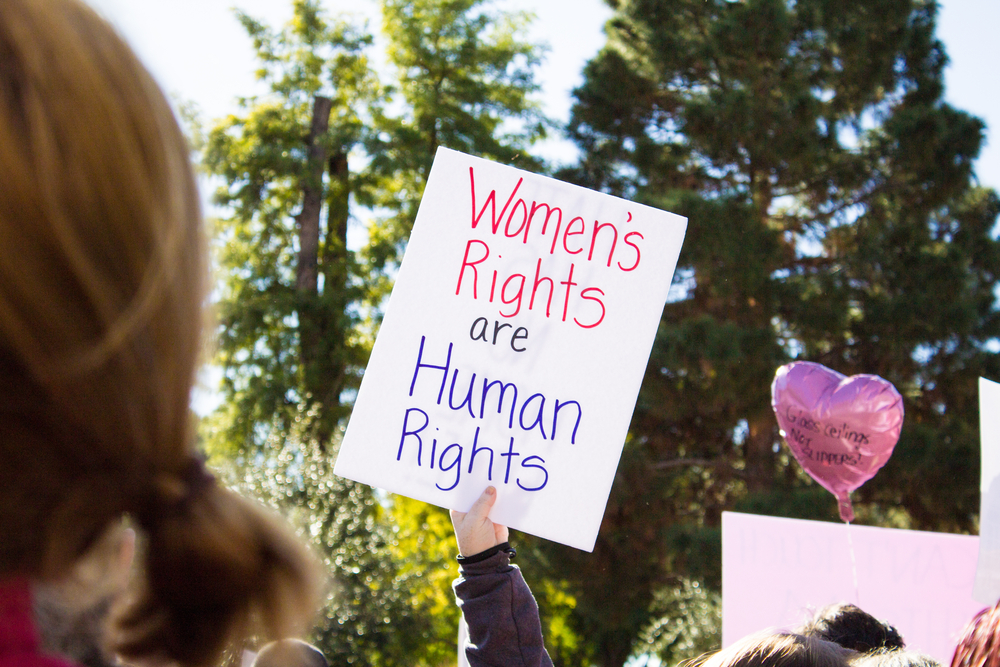
Furthermore, Ana Maria Munar, who’s very supportive of the campaign, wants to underline that the handbook does not only focuses on cases where someone felt abused. The handbook is as much about the beautiful things that come out of relationships between people.
“We also talk about the beautiful elements of relationships, so this is a little different than what is in the focus of the MeToo-campaign. And then I think our tool has a narrative. It is not only about awareness. If it were, we could have skipped the pedagogies and just published the vignettes. But we want people to reflect and think about the issues these vignettes bring up, and then create spaces of trust where it’s safe to talk about these things. Spaces where it’s not a taboo,” she says.
A safe space
When Ana Maria Munar came up with the idea for the handbook, she contacted friends in academia to ask them if they wanted to participate by sharing their stories. However, she was a little unsure whether she would have any luck finding anyone from the academic field willing to share their experiences.
“When I proposed the idea to my network, people said: ‘Let’s do this Ana.’ I’m so grateful that my colleagues have wanted to take part in this, and share stories that can be difficult to talk about,” she says.
Ana Maria Munar has, herself, contributed to the handbook by sharing stories based on her own experiences. But as with the other stories, they are made anonymous in the book. However, Ana Maria Munar hopes that the vignettes can stand as an example and open people up so that they are more comfortable when talking about these things.

“We cannot end up thinking that regulations, norms, and the further monitoring and bureaucratization of our lives is the solution to everything. What we need is to create spaces for an ethical and responsible dialogue where we, as a collective and as a community of scholars, can learn to think about these issues in a better way, and to listen to each other’s points of view. This tool is one step in that direction,” she says.
She explains that this handbook can be used in seminars, workshops, and other forms of academic gatherings. Something the authors have already tried, and ended with great success.
At a workshop, they divided the participants into groups of eight to ten people and presented them with the stories. In the handbook, each vignette is followed up with a few dilemmas and space to comment on the vignettes. The group then shared their thoughts, and then as Ana Maria Munar recalls, something interesting happened.
“People were thankful. Everyone presented their views regarding the stories, and some even shared stories of their own. Some of which they had kept a secret for years. This will not happen if you don’t create an environment where there is trust and respect. And that’s exactly what we want to do,” she says.
More stories about people in positions of power and men are needed
When reading the handbook, it becomes obvious that most of the vignettes are about women.
There’s the story of a female PhD student, Laura, who feels uncomfortable with her supervisor’s compliments; the researcher, Januka, who finds it necessary to wear a ring in order to fend off any sexual interest from men; and the undergraduate student, Dominika, who receives improper messages from a senior academic.
But it takes two to tango, and can’t men feel offended by the of fury women in academia?
“The stories are based on real experiences, and we simply cannot fill the handbook with stories that we don’t have. The majority of the authors are women, and the gender issues that are being experienced tend to revolve around women,” says Ana Maria Munar and adds:
“But I invite all men to share their stories too, as they are just as important. The idea is not to antagonize men. Because most of the time, beautiful things tend to unfold in the relationship between people in academia, but when we have an acute power situation, abuse can happen more easily,” she points out.
It’s not about giving people a guide on how they should act. Instead, we want people to think
Ana Maria Munar
Ana Maria Munar hopes that both men and women, and especially the ones a position of power will feel the courage to and importance of sharing their experiences, as there’s a lot to learn.
“Maybe the people in power will think differently when they read the stories of colleagues who are a little lower in the hierarchy. Maybe they will see things from a different perspective, and change their attitude,” she says and advocates for more women in leading positions as this might change the culture.
“Especially in academia. At the top, it’s mostly a boys’ club. This needs to be changed, and if it does, I believe we will have less issues with, for instance, sexual harassment if more women have leading positions. However, this doesn’t mean women can’t use their power to abuse others,” she says.
When asked if this means dating the boss is a no-go in general, Ana Maria Munar explains that it’s not that simple. She has heard stories of people who are happily married with their boss, or former students.
“It’s not about giving people a guide on how they should act. Instead, we want people to think. The power of thinking is not to be underestimated, and they will see the dangers and the beauty of it. We need reflectivity and to have conversations with our colleagues,” she says.



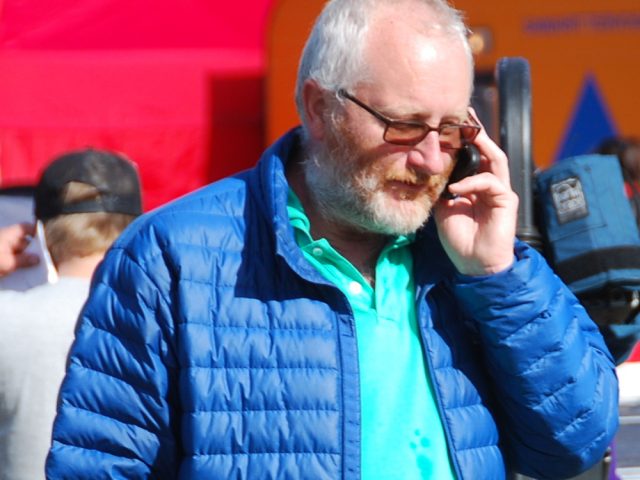

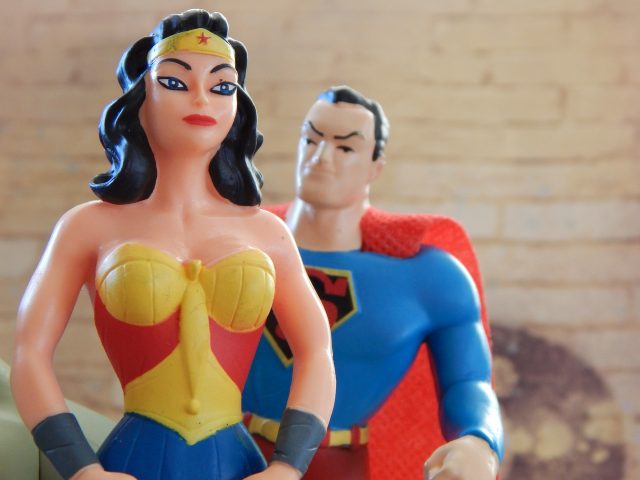
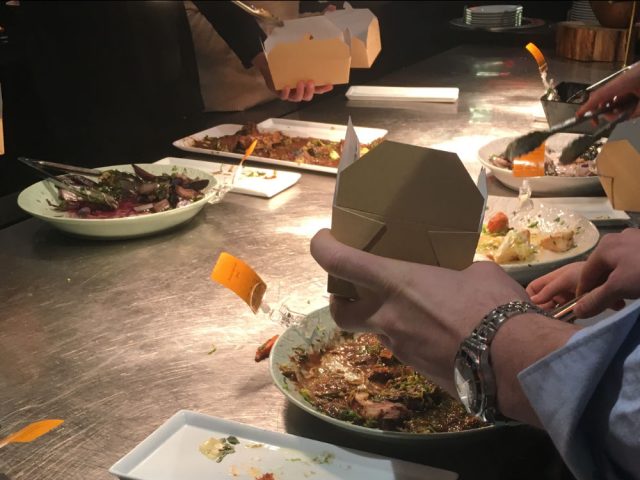
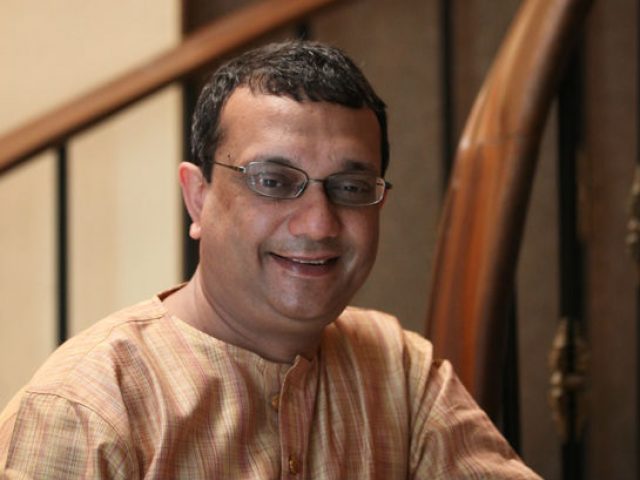




























































































































Comments